 by Brian A. Graebe –
by Brian A. Graebe –
Tolerance is a nice word, but is it a Christian virtue? Archbishop Charles Chaput of Denver doesn’t think so, and his claim has occasioned no small amount of protest. In a smug editorial, America magazine recently chastened Chaput for coarsening the tenor of intra-ecclesial discourse. While no call for courtesy and civility should go unheeded, an apology for toleration that ignores its niceties only furthers the intellectual and moral torpor plaguing the public square.
Proponents of a kinder, gentler discussion on the great issues of our day often attempt a rhetorical sleight of hand, coupling tolerance with charity. Such a pairing is ambiguous at best. The call to charity “loving one’s fellow man as a child of God” is universal and, one hopes, uncontroversial. But what does it mean to be tolerant of those with whom we disagree on serious matters? If used as a synonym for charity, combined patience and magnanimity, one can make a case, but that case remains weak and the term imprecise. [Read more…]

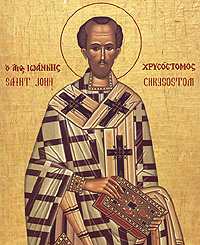 by Fr. Sarantis Sarantou –
by Fr. Sarantis Sarantou –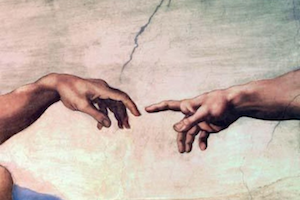 by Art Lindsley –
by Art Lindsley –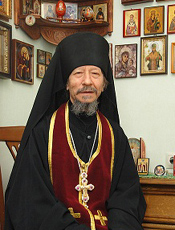
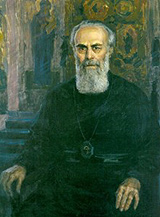
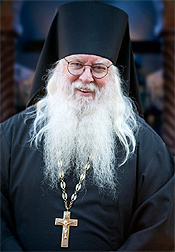 by Abbot Tryphon –
by Abbot Tryphon – by Fr. Stephen Freeman –
by Fr. Stephen Freeman – by Fr. John Moses –
by Fr. John Moses – by Fr. Stephen Freeman –
by Fr. Stephen Freeman – by Janet E. Smith –
by Janet E. Smith –